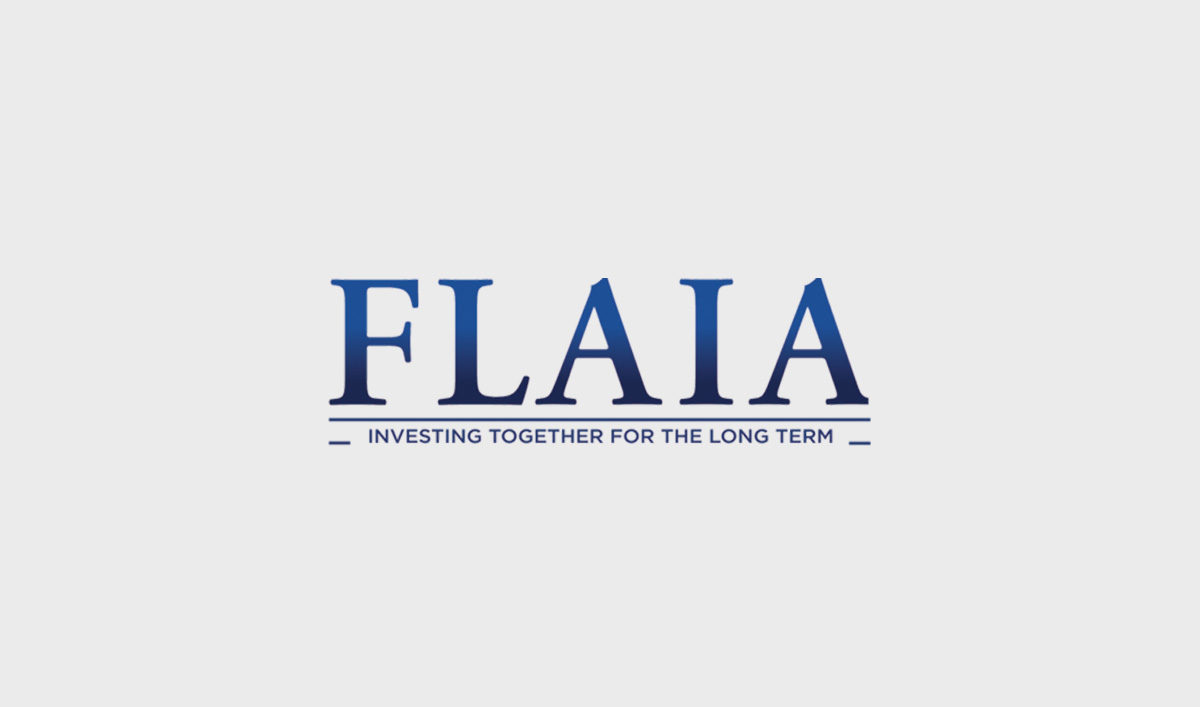Chris Finlay, Founder, Chairman of Lloyd Jones, LLC, and Tod Petty, Executive Vice President of Lloyd Jones Senior Living, recently presented a webinar to members of FLAIA, an open access platform of alternative investments for institutions, wealth advisors, family offices, RIAs, and accredited investors.
Finlay, who has led the firm through four decades of economic cycles, and Petty, a 30-year veteran of the senior housing industry, offered their insights on the anticipated demographic changes in senior housing post COVID-19, and what opportunities lie ahead for investors.
In an overview of the current senior housing demographics, Finlay said, “We’re at the beginning of a ‘senior tsunami’,” as 10,000 people turn 65 every day in the U.S., and the 75+ population will double in the next two decades.” Yet despite the changing demographic landscape, “We have a massive shortage of appropriate housing for seniors to successfully age in place.”
Post COVID-19, seniors will feel the financial impact in myriad ways, according to Tod Petty. “Most of our older population will have reduced liquidity, and nearly half of consumers over 55 don’t have a retirement plan.” As a result, the high-rent, highly amenitized housing communities that dominate the senior housing landscape will continue to be out of reach for all but seniors in the top 10 percent income bracket.
With the demographic shift, and the growing demand for senior housing that includes health and wellness services, Lloyd Jones LLC sees the greatest opportunity for its investors in the middle- market senior housing sector. “Up until now, the middle market had a high barrier of entry due to the high construction costs of new builds,” said Petty. “But, the acquisition of distressed assets in highly desirable locations now presents new opportunities.”
In particular, the acquisition of distressed hotels and assets disposed of by national REIT organizations are the most attractive opportunities. According to the American Hotel & Lodging Association (AHLA), 8,000 hotels could close by September, and these acquisitions are trading at 75% plus below replacement cost. “By repurposing distressed hotels into middle-market senior living communities, the rents will be $500-$1,000 less than comparable new builds in the same market,” said Finlay. “These acquisitions offer lower risk, excellent returns and affordability.”
There is also a large inventory of distressed senior housing assets—typically assisted living or memory care facilities older than 20 years—that investors can acquire below replacement value. “REITs’ disposal of portfolio assets is attractive in a post-COVID world,” said Petty. “We’re able to develop a ‘new’ housing venue with lower than market rent, that will provide access to the 40 percent of seniors who aren’t able to pay the current rate offered by the resort-style models.”
“Lloyd Jones is poised to come out of the post COVID-19 economy very strong, with opportunities to grow even stronger,” said Finlay. “Our Aviva-branded portfolio will create new communities for active adults needing affordable, highly amenitized, life transitioning options to successfully age in place. For investors, Aviva active adult communities will have space for health and wellness programs and other amenities difficult to replicate in the current offerings in the senior housing space.”
